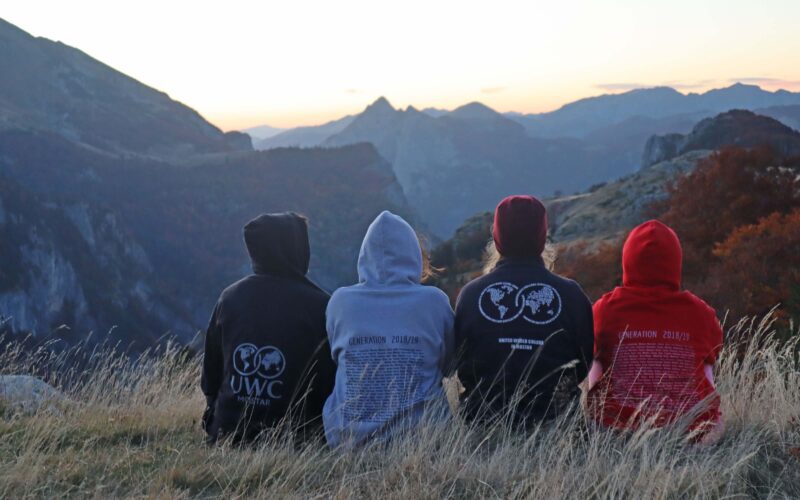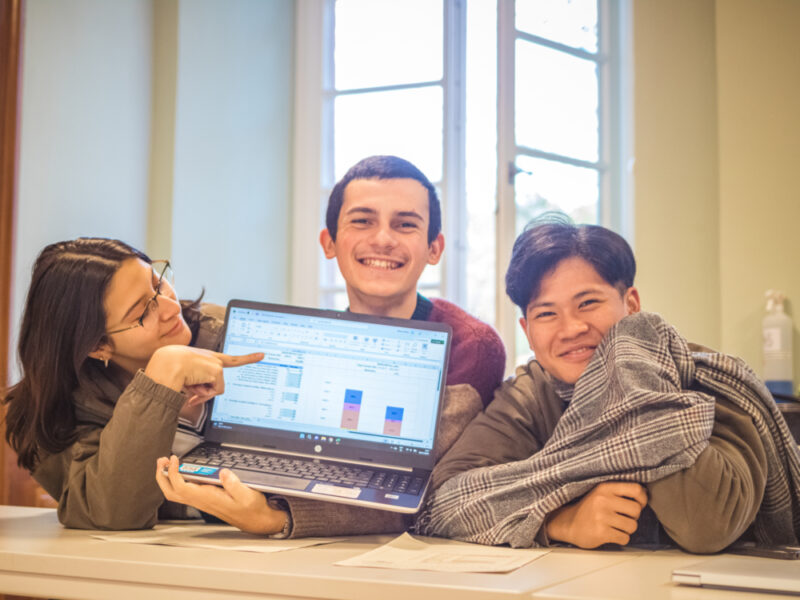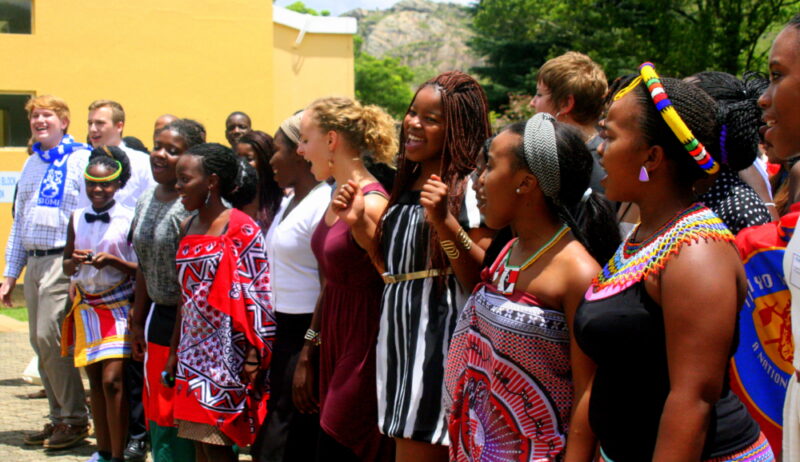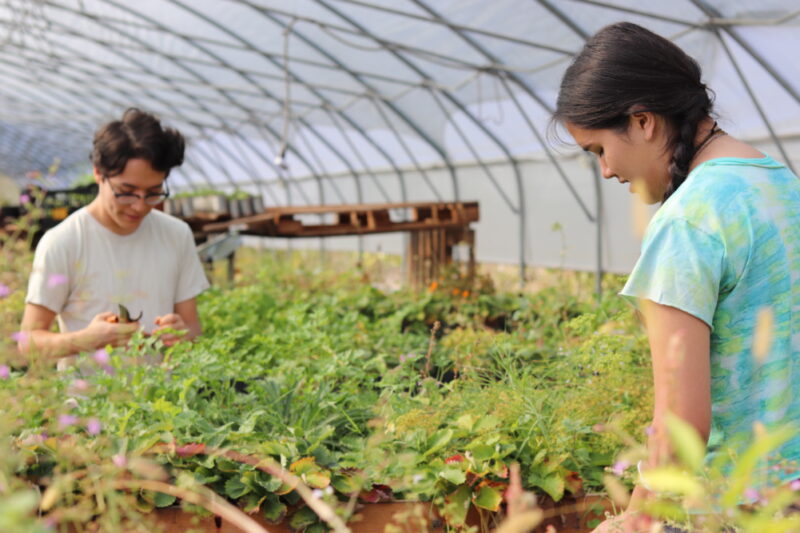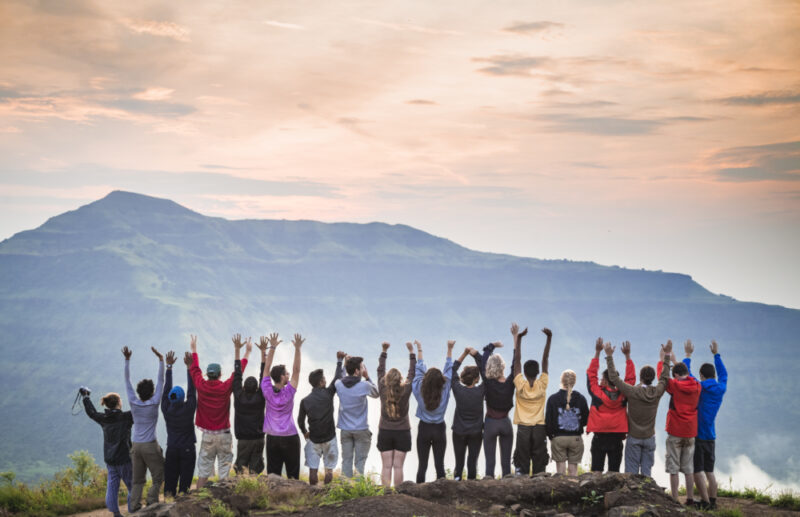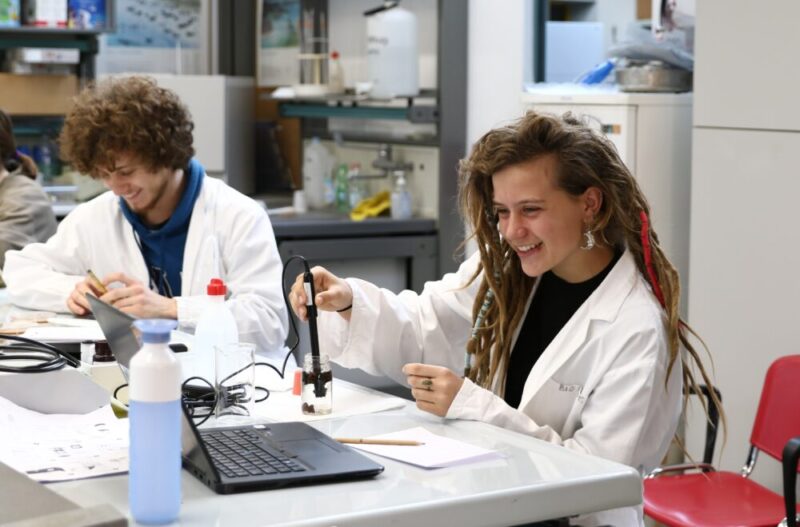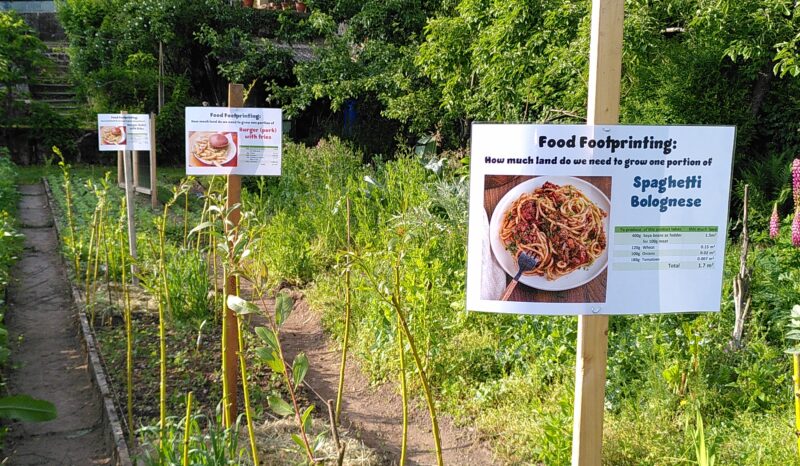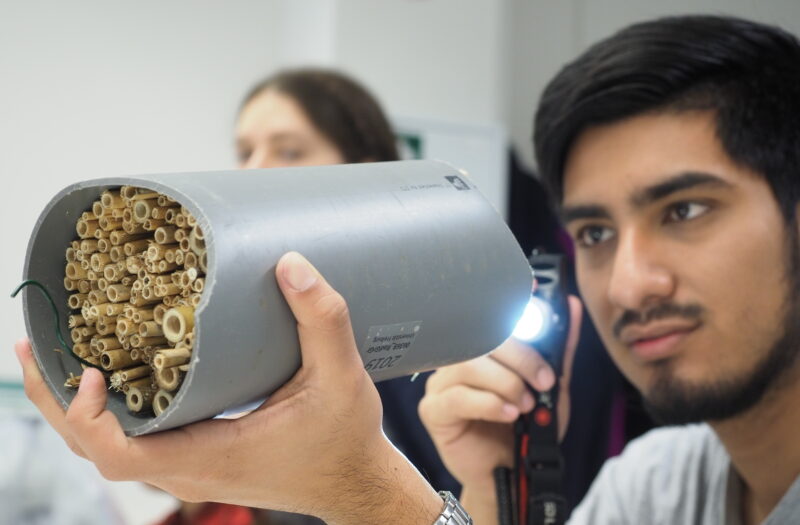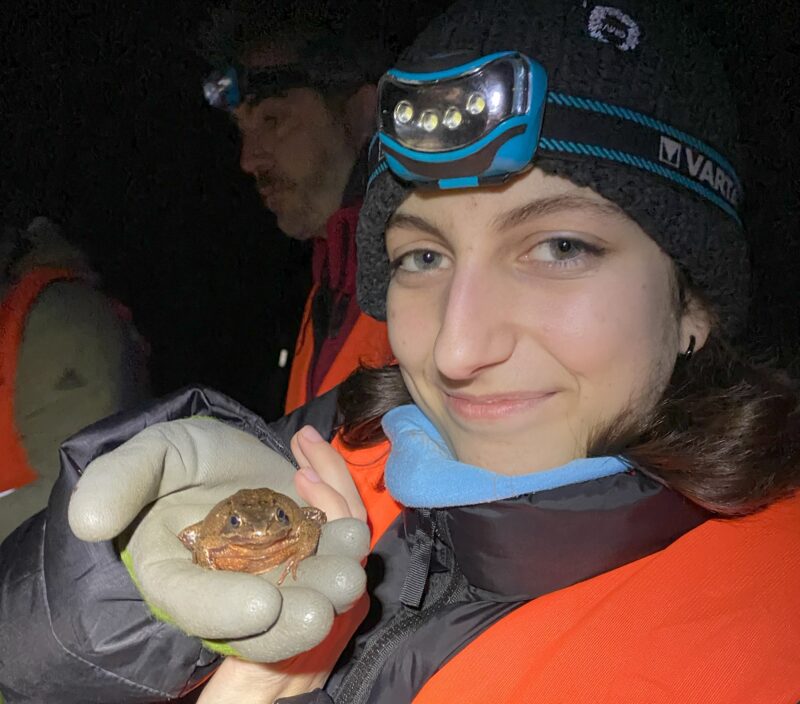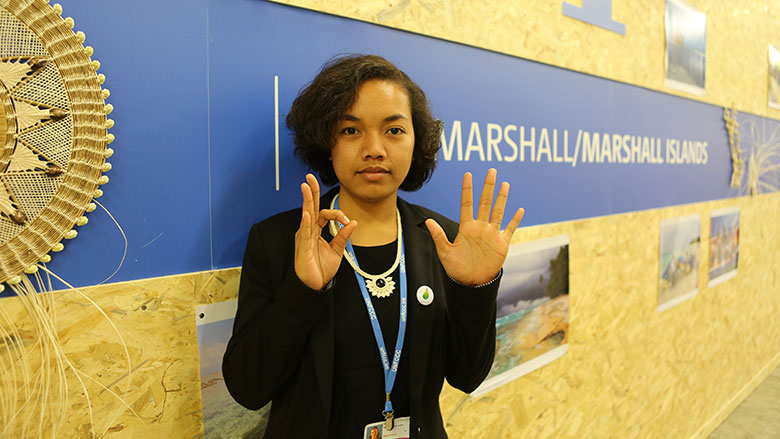UWC Robert Bosch College
While sustainability is part of the mission for all UWCs, our college was founded in 2014 with an explicit “special focus” on sustainability. The school is located in the “green city” Freiburg which has a long history of environmental activism and sustainable city management, the new buildings on the campus were built to high energy efficiency standards, and the school has had a paid (part-time) sustainability coordinator role from the beginning.
The campus is partially surrounded by forest and contains orchards, meadows and a large monastery garden that has been in continuous use for centuries. To integrate this into our educational concept the school has a (part-time) garden pedagogue, making hands-on working with the land and a focus on land-use issues important parts of the school’s sustainability education.
Academically, the school follows the standard IB diploma programme. Regulatory constraints in Germany make it difficult for us to develop an alternative sustainability curriculum. However, over the years, we have expanded the IB Group 4 project into a week-long exploration of sustainable technologies and we are now taking this further and have developed a “Liveable Cities of the Future” week that explores social and environmental aspects. In addition, every year we have “Sustainability Special Focus Day” and two or three sustainability-themed lectures as part of our “Global Affairs” programme.
Outside the academic programme, the school runs a number of sustainability programmes, for example our “Chic Boutique” second-hand free store, and an extensive ‘Reuse & Recycle’ programme of things left behind by graduating students.
In 2019, the school agreed on a “Climate Crisis Response Strategy”. One key element of this strategy is the monitoring of our carbon footprint, here we have developed tools which we are now sharing with other UWCs. The data obtained here informs the second key element, which is to directly reduce our climate impact. Here the sustainability team is currently working with the facilities team to identify energy savings measures while we are still discussing as a school community whether we want to make a commitment to specific reductions targets. The third key element of the strategy is our cooperation with the High Atlas Foundation which is planting trees with communities in the Atlas Mountains in Morocco. This is a climate compensation programme but the longer-term objective is to go build a close relationship between our organizations and establish an educational programme with a focus on ecological restoration.

